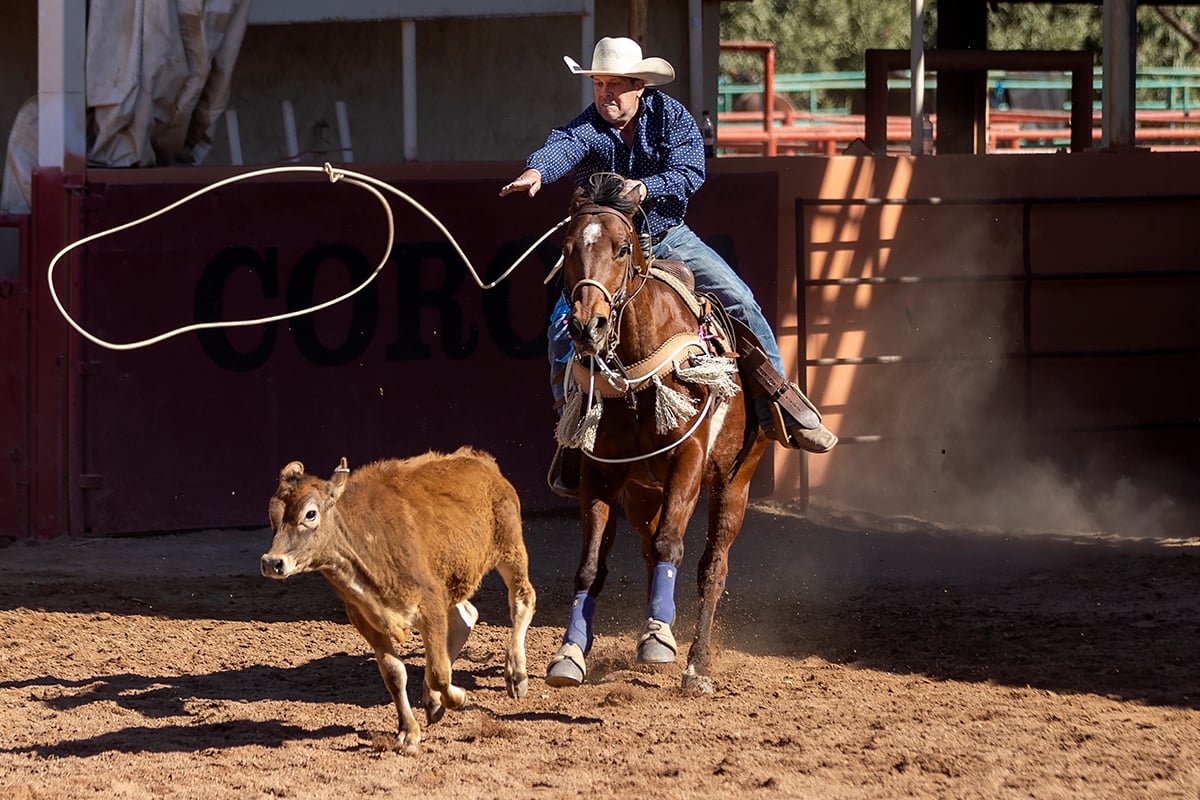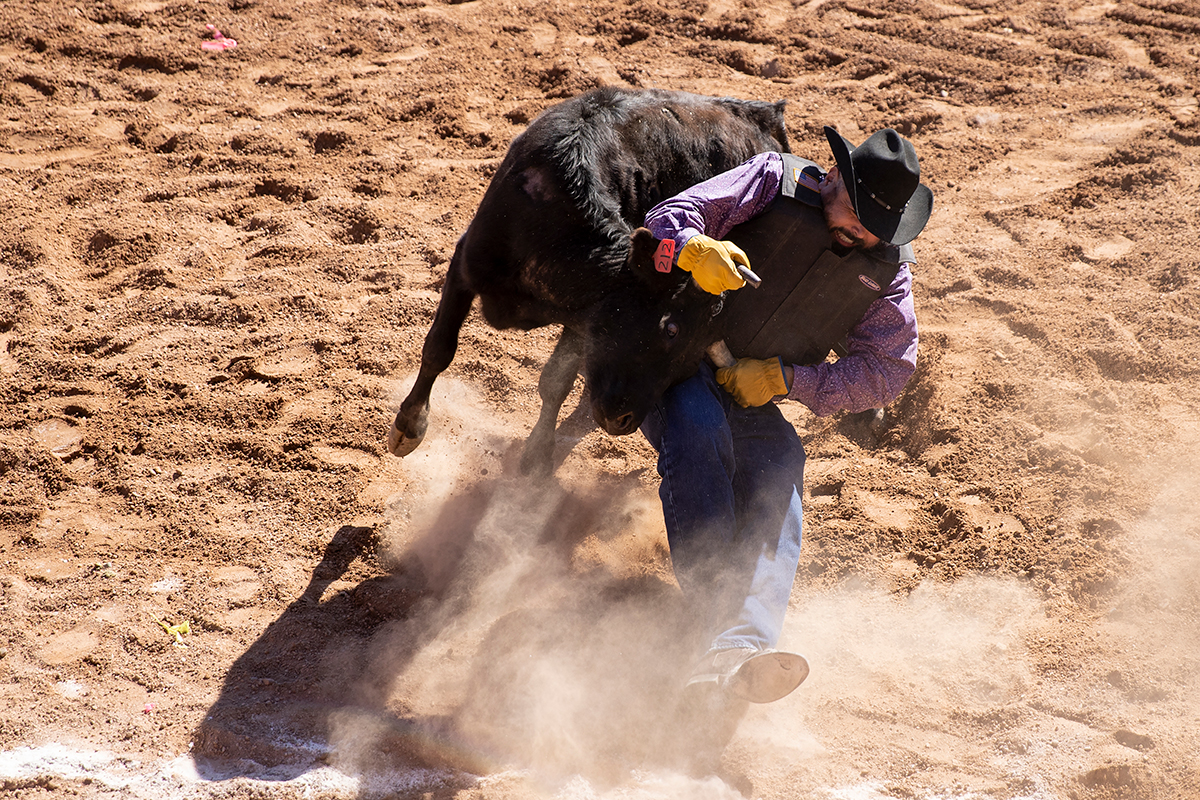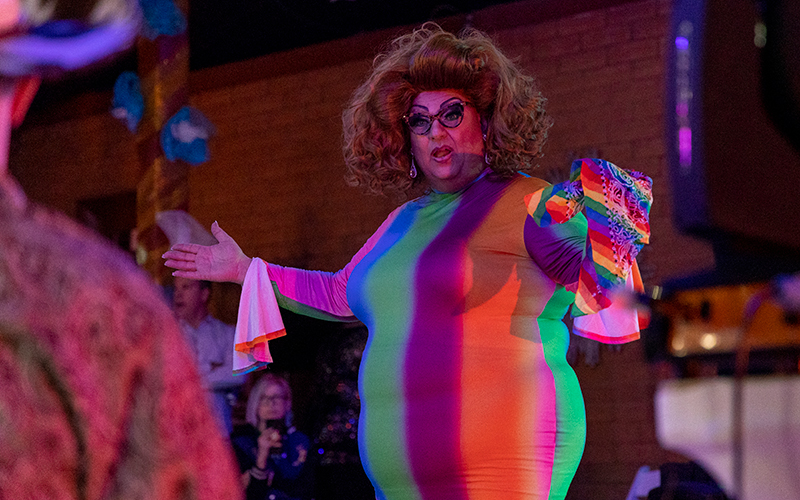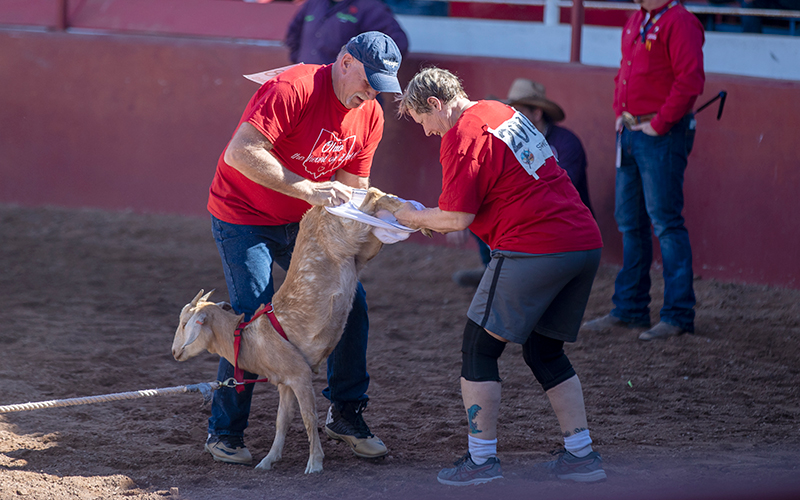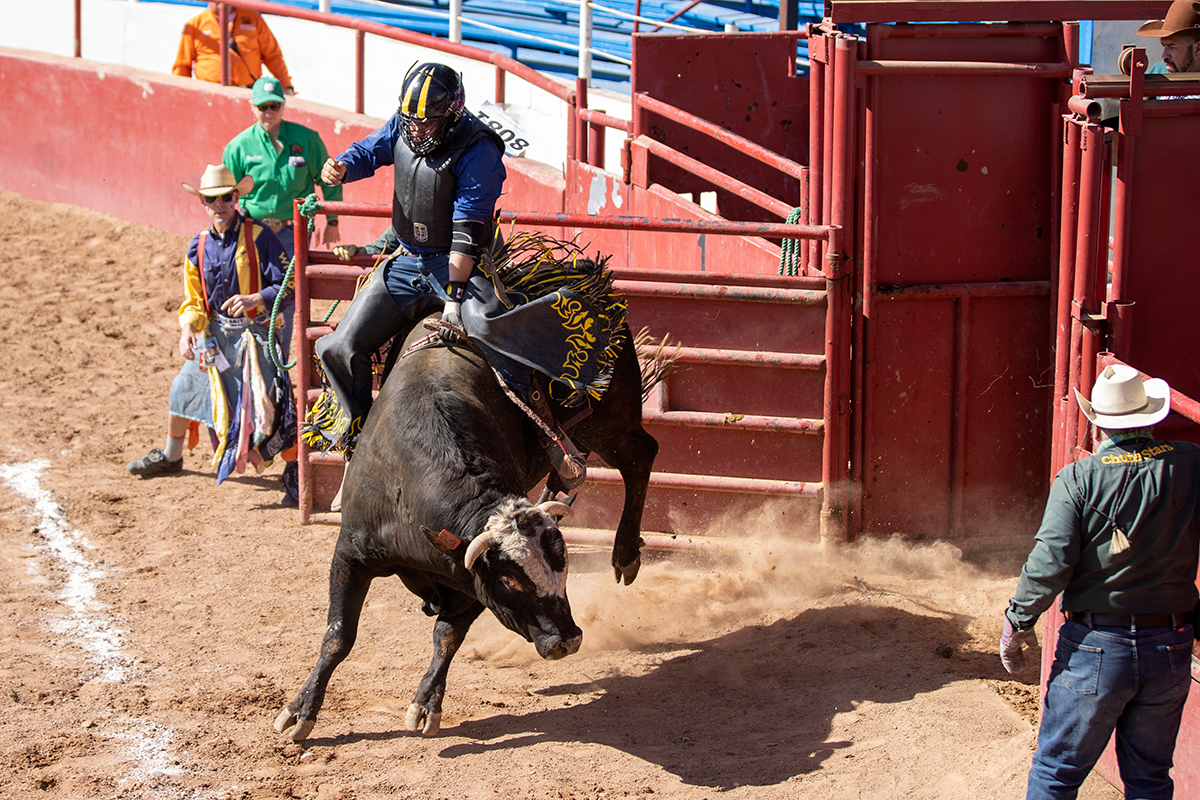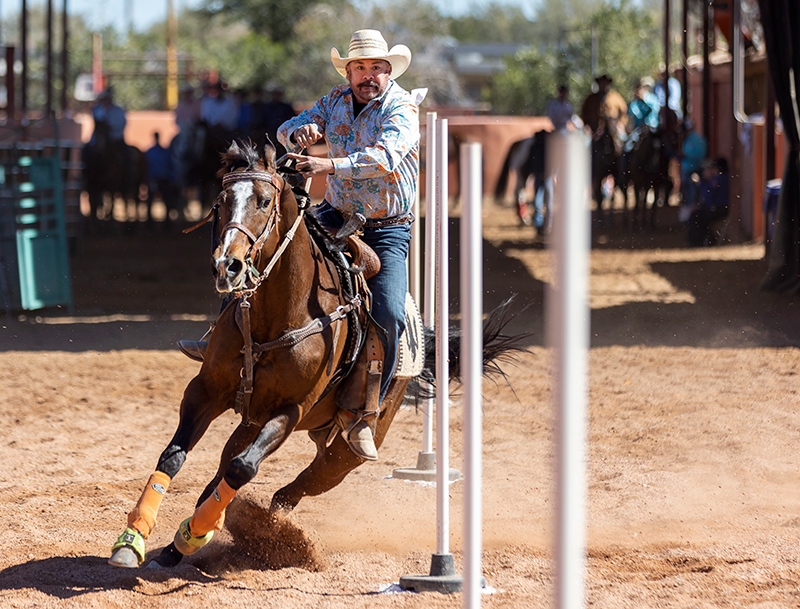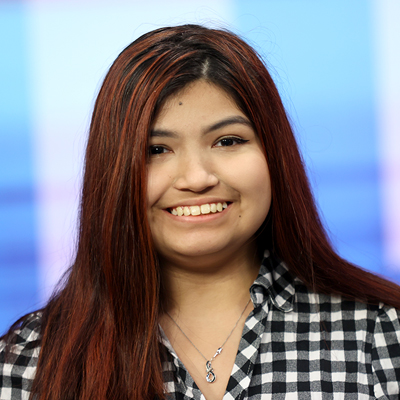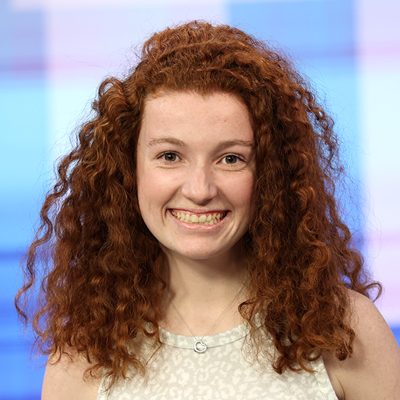Limon is not part of the LGBTQ+ community but believes that could make his participation in the gay rodeo even more impactful.
“At first it was just for laughs and giggles because I’m not gay,” Limon said. “But I started reading more into the history of the gay rodeo, and it’s an actual legit circuit. I’m trying to break the barriers and show gay cowboys and straight cowboys, we all get along and compete in the same arena. Those bulls don’t know that it’s a gay rodeo.”
While Limon was able to embrace the community and receive the same welcoming attitude back, not everyone in his circle shared the same feelings.
“I have friends that didn’t want to come because it’s a gay rodeo, but I guarantee you they wouldn’t survive,” Limon said about the competition.
Limon plans to continue competing until he physically can’t. At 25, he has had two knee injuries and multiple areas of pain, including head, ribs and shoulder. Limon shares the beliefs of other cowboys and feels “when you get on your final bull, you’ll know that’s your final bull.”
Regardless of how long he competes, he has been able to continue the legacy of finding yourself in a community that the Arizona Gay Rodeo has fostered.
“It’s all inclusive, there’s no hate,” Misinco said. “it allows people that could be trans that could identify as gay, bi, and so on to be here and actually have physical representation.”
